Induction cooktops and quartz counters -- need a physics lesson!
MizLizzie
11 years ago
Featured Answer
Sort by:Oldest
Comments (9)
dodge59
11 years agoRelated Professionals
Manchester Kitchen & Bathroom Designers · Montebello Kitchen & Bathroom Designers · Piedmont Kitchen & Bathroom Designers · St. Louis Kitchen & Bathroom Designers · Adelphi Kitchen & Bathroom Remodelers · Bremerton Kitchen & Bathroom Remodelers · Fair Oaks Kitchen & Bathroom Remodelers · Los Alamitos Kitchen & Bathroom Remodelers · Oklahoma City Kitchen & Bathroom Remodelers · Port Charlotte Kitchen & Bathroom Remodelers · Port Orange Kitchen & Bathroom Remodelers · Middlesex Kitchen & Bathroom Remodelers · Hanover Park Cabinets & Cabinetry · Prospect Heights Cabinets & Cabinetry · Wells Branch Cabinets & Cabinetryjadeite
11 years agocooksnsews
11 years agoUser
11 years agokaseki
11 years agokaseki
11 years agourgentappliance
11 years agoginny20
11 years ago
Related Stories
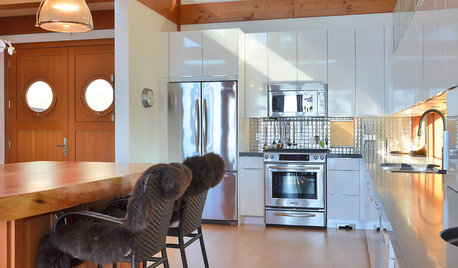
REMODELING GUIDES6 Must-Know Lessons From a Serial Renovator
Get your remodel right the first time, with this insight from an architect who's been there too many times to count
Full Story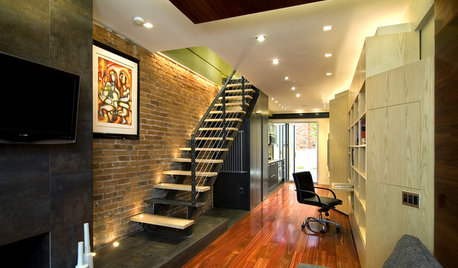
HOUZZ TOURSDesign Lessons From a 10-Foot-Wide Row House
How to make a very narrow home open, bright and comfortable? Go vertical, focus on storage, work your materials and embrace modern design
Full Story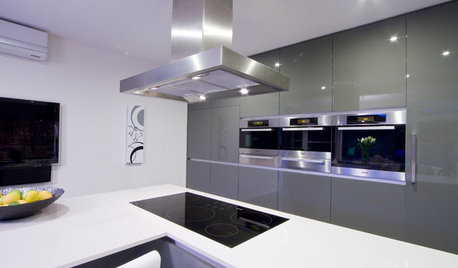
KITCHEN APPLIANCESFind the Right Cooktop for Your Kitchen
For a kitchen setup with sizzle, deciding between gas and electric is only the first hurdle. This guide can help
Full Story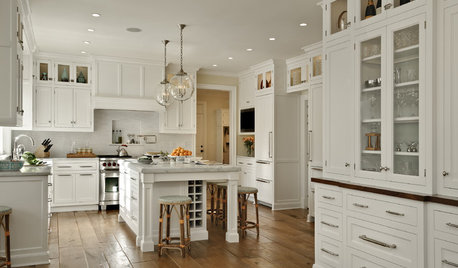
KITCHEN DESIGNDream Spaces: 12 Beautiful White Kitchens
Snowy cabinets and walls speak to a certain elegance, while marble counters whisper of luxury
Full Story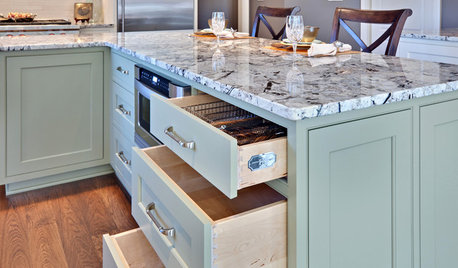
KITCHEN DESIGNWhat Goes With Granite Counters?
Coordinate your kitchen finishes beautifully by choosing colors that complement granite’s natural tones
Full Story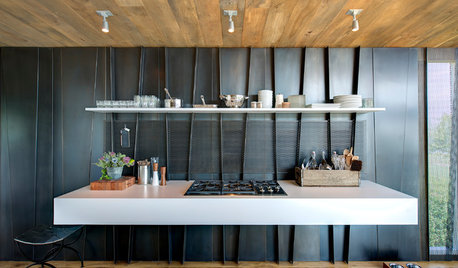
MODERN STYLE12 Stylish Kitchen Counters That Seem to Float in Space
Take your culinary zone to new heights with a cantilevered countertop that’s visually appealing and practical
Full Story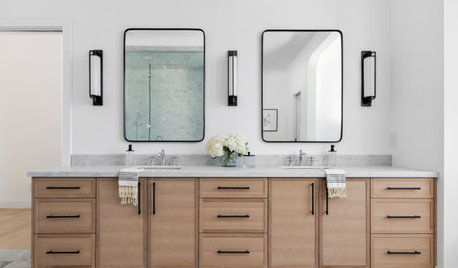
HOUSEKEEPINGHow to Clean Marble Countertops and Tile
Acidic solutions can damage your marble surfaces. Here’s how to keep marble looking clean and amazing
Full Story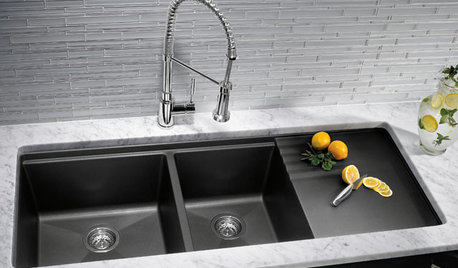
KITCHEN DESIGNKitchen Sinks: Granite Composite Offers Superior Durability
It beats out quartz composite for strength and scratch resistance. Could this kitchen sink material be right for you?
Full Story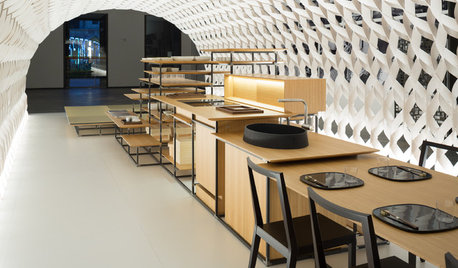
HOMES AROUND THE WORLDThe Kitchen of Tomorrow Is Already Here
A new Houzz survey reveals global kitchen trends with staying power
Full Story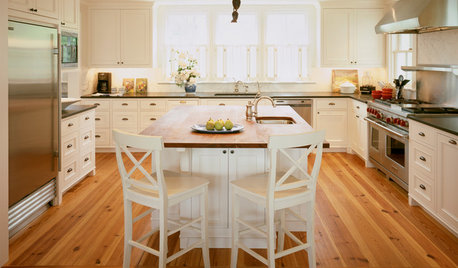
KITCHEN DESIGN3 Steps to Choosing Kitchen Finishes Wisely
Lost your way in the field of options for countertop and cabinet finishes? This advice will put your kitchen renovation back on track
Full StoryMore Discussions









llaatt22